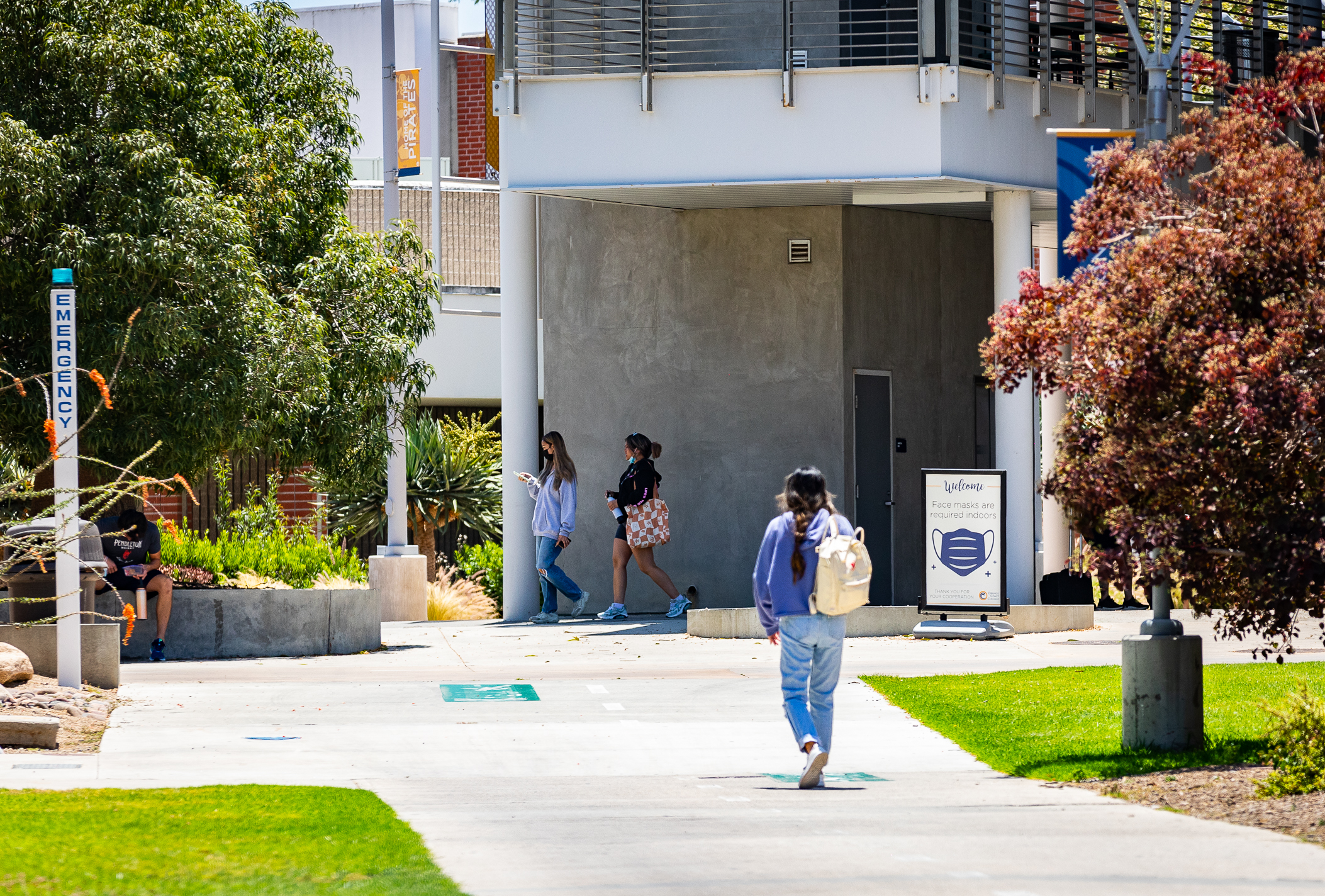The U.S. Department of Education has approved California Community Colleges’ application to make Title IV financial aid available to students who don’t have high school diplomas.
Title IV refers to federal grants to attend approved programs.
California Community Colleges, the largest system of higher education in the nation with 116 colleges and 2 million students, applied to participate in the Ability to Benefit (ATB) program in June.
The approval means that 4 million Californians without a high school diploma now qualify to access federal financial aid and attend college courses.
Students will need to access colleges through an ATB process, and will have access to counseling and academic support, including math and writing workshops, tutoring services, accessibility services, and more.
State officials said the goal of the program is to put people in a better position to build a career.
“It’s a duty and a privilege for our state to help students and workers access higher education and pursue fulfilling careers—even without a high school diploma,” said Gov. Gavin Newsom in an Oct. 3 statement. “In California, we’re working to ensure that everyone has the opportunity to succeed and reach their full potential.”
California submitted the application to the Department of Education in order to meet the requirements of California’s Master Plan for Career Education.
“Regardless of background or credentials, every Californian deserves the opportunity to pursue their dream career and a higher education degree,” Newsom said when the application was first submitted.
Before the approval, students who did not have a diploma had to complete six credits of college classes or pass a qualifying exam to receive federal financial aid.
These students can now meet simplified criteria to access aid. California Community Colleges Chancellor Sonya Christian called the approval a “significant step toward ensuring equitable access” to higher education.
When the application was submitted, Christian said it could change lives.
“By removing barriers to financial support, we’re moving students closer to success. That combined with the tailored supports in this initiative such as basic needs support, educational and career counseling, and tutoring, will allow students to realize and unlock their full potential,” she said.
Currently, 19 percent of California adults over 25 do not hold a high school degree, compared with 14 percent nationwide.
Only 50 percent of California high school graduates are qualified to apply to a four-year state school. This number is in line with criteria set out by the state more than 60 years ago.
Under the Donahoe Higher Education Act of 1960, the state determined the University of California system would consider for enrollment just the top 12.5 percent of all high school graduates and Cal State the top 33 percent.
According to federal data, workers with a college degree earn at least $1 million more than a non-college degree workers over a typical lifetime.
In August 2023, Newsom signed Freedom to Succeed, an executive order that led to the establishment of the Master Plan for Career Education aiming to help prepare students for the workforce, including careers that do not require a college degree.
Freedom to Succeed also lowered barriers to state employment, including eliminating requirements for college degrees unnecessary to job duties.
The program focuses on a variety of skilled labor in trades such as green energy and the healthcare sector.













